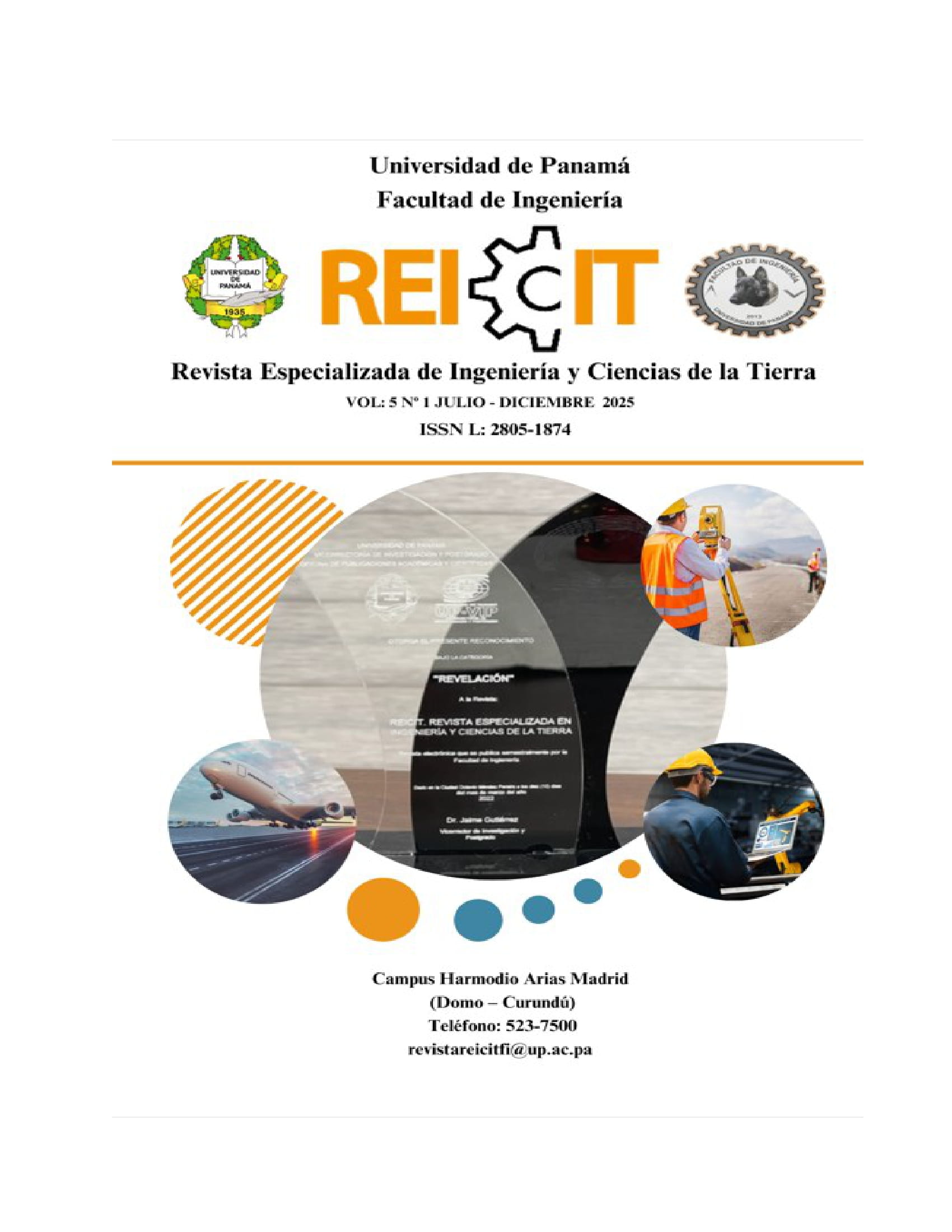

Copyright (c) 2025 REICIT

This work is licensed under a Creative Commons Attribution-NonCommercial-ShareAlike 4.0 International License.
Artificial intelligence (AI) is rapidly transforming teaching and learning methods in higher education. This study focuses on analyzing the impact of AI on teaching-learning processes at the Faculty of Engineering, University of Panama. Through literature review, qualitative data collection, and surveys administered to students, the study identified the main AI tools used, their frequency of use, and students’ perceptions of their academic effectiveness. The findings show that AI-based technologies—such as intelligent tutors, adaptive learning platforms, and chatbots—have improved learning personalization, feedback, and access to educational resources. However, challenges such as misuse, lack of institutional regulation, and inequalities in technological access were also highlighted. The study concludes that while AI presents significant benefits for education, its implementation requires an ethical, regulated, and equitable approach to truly optimize learning outcomes.